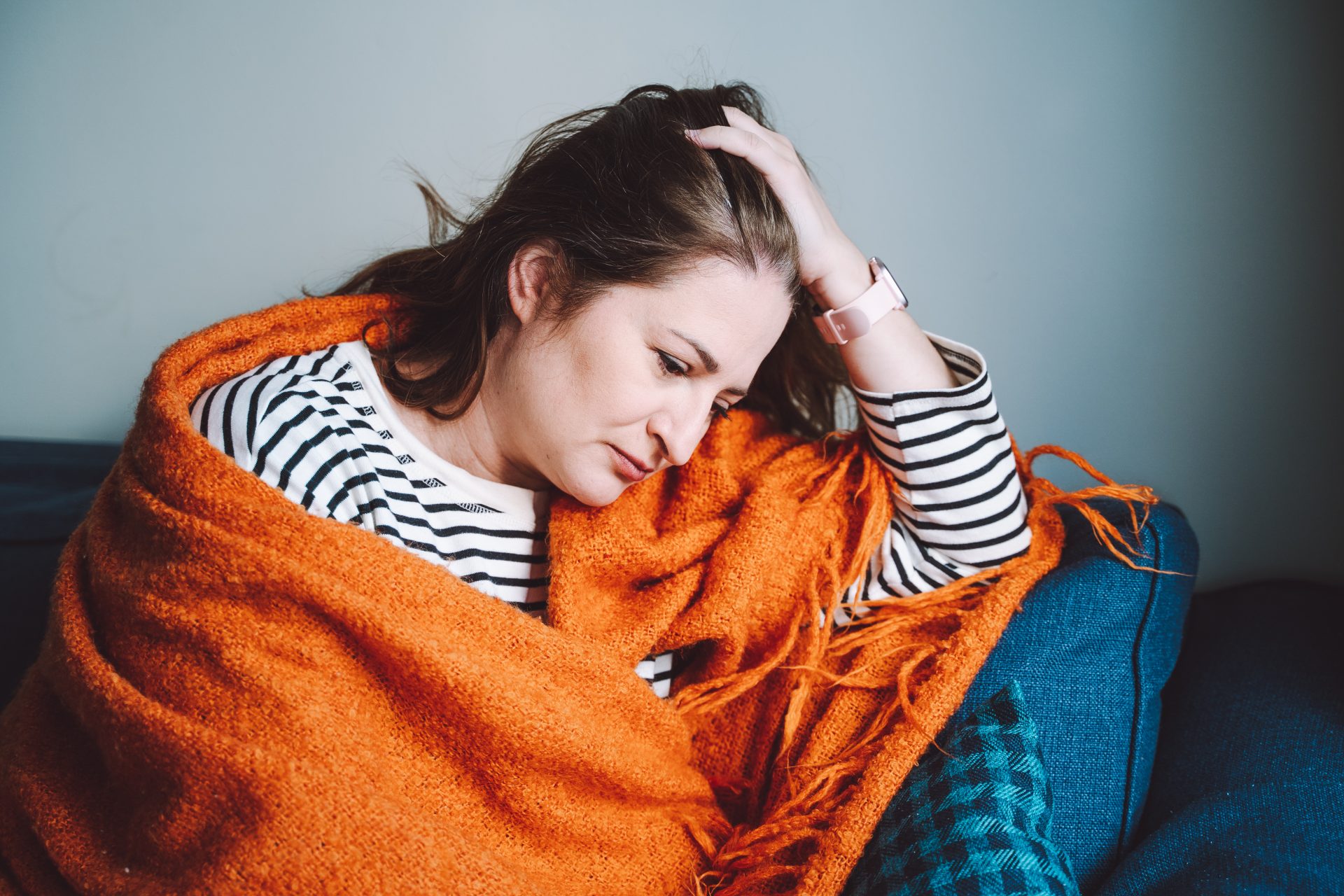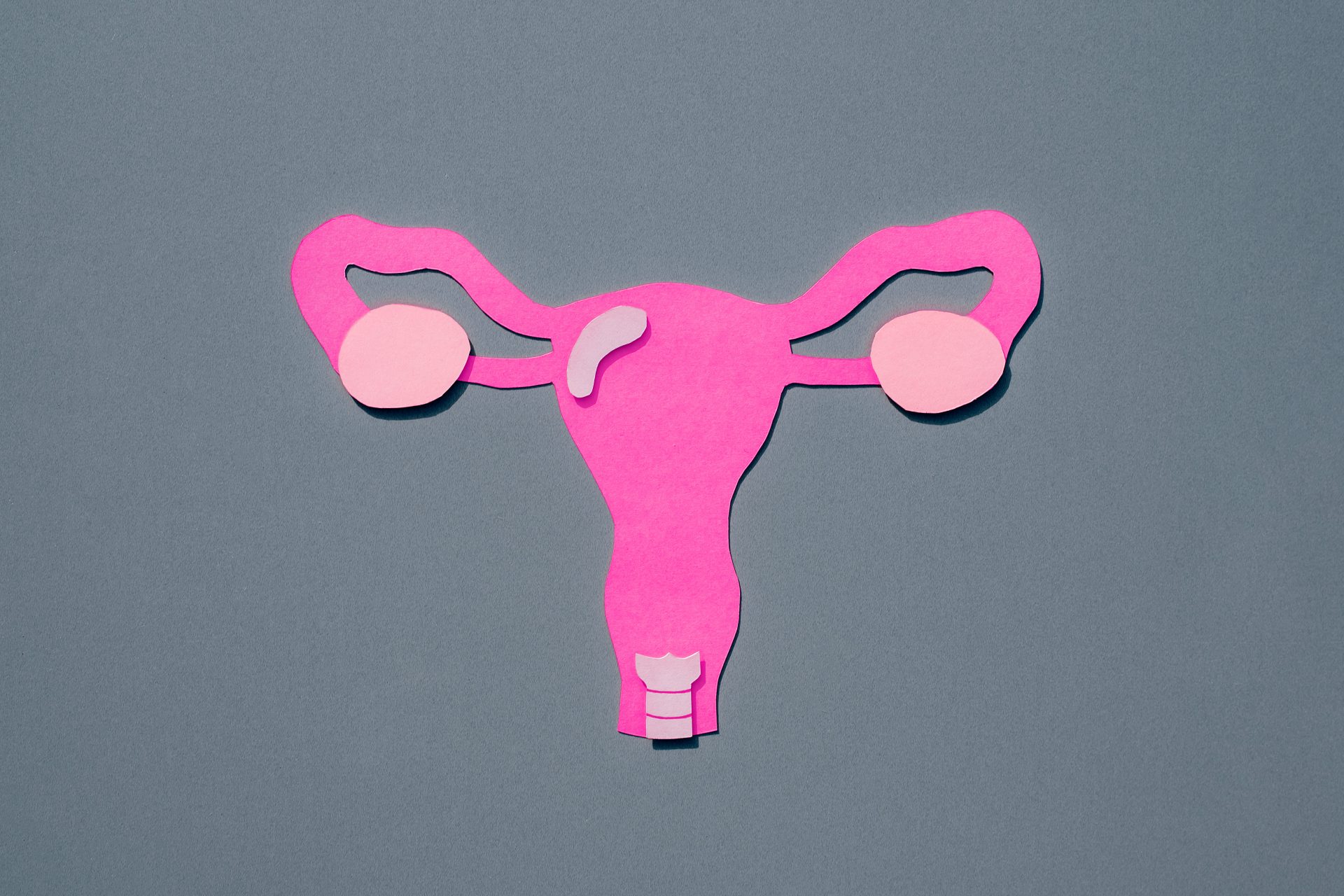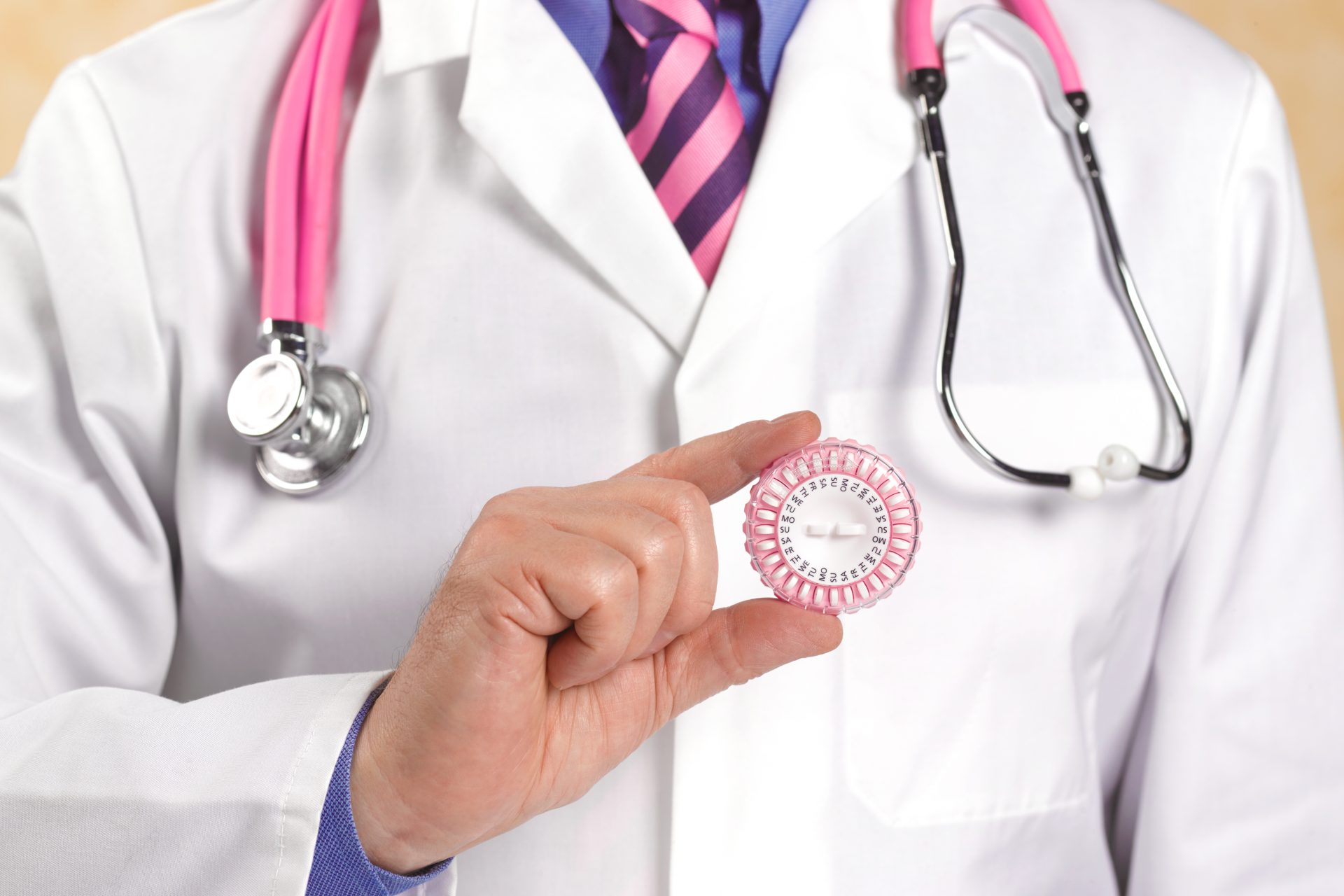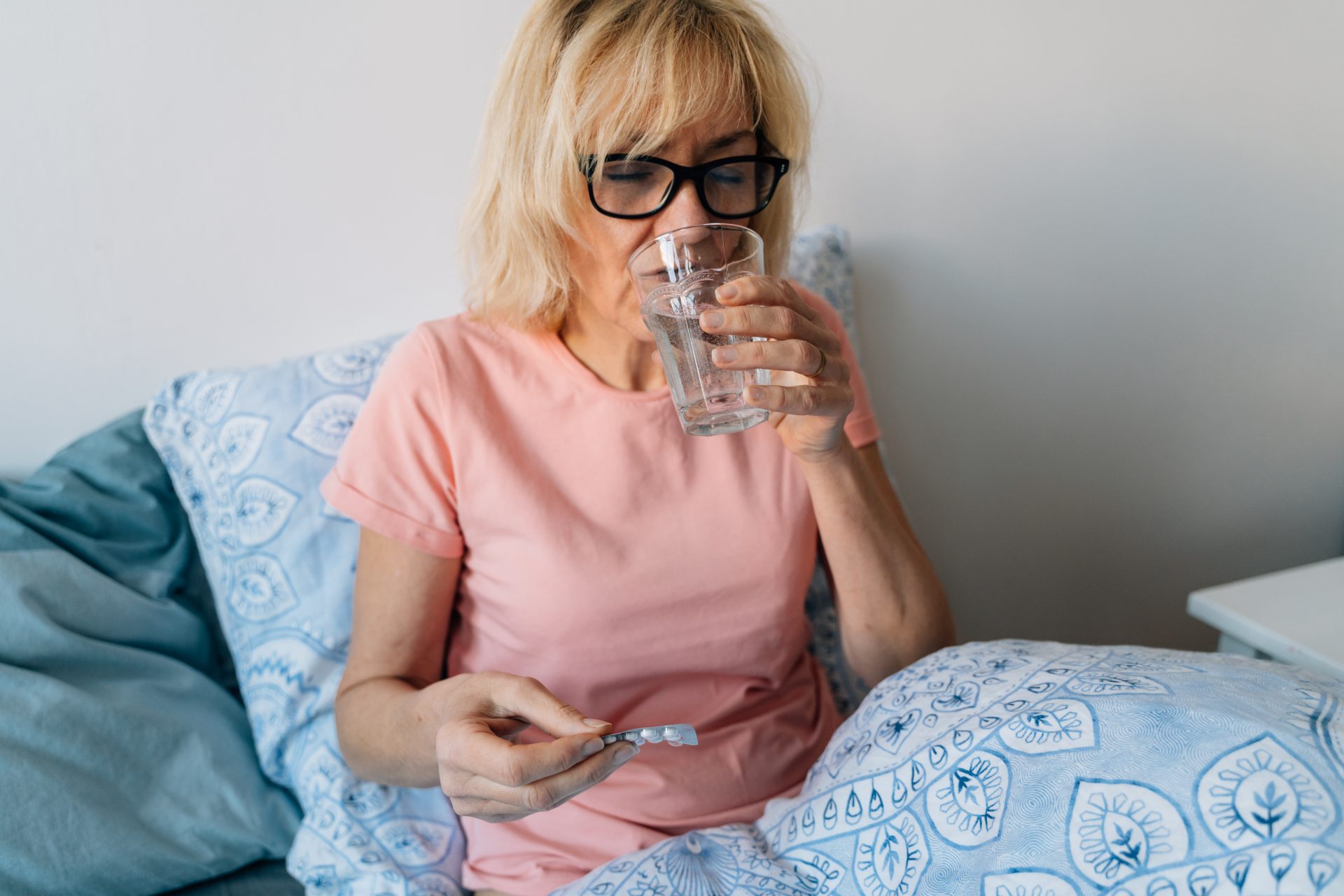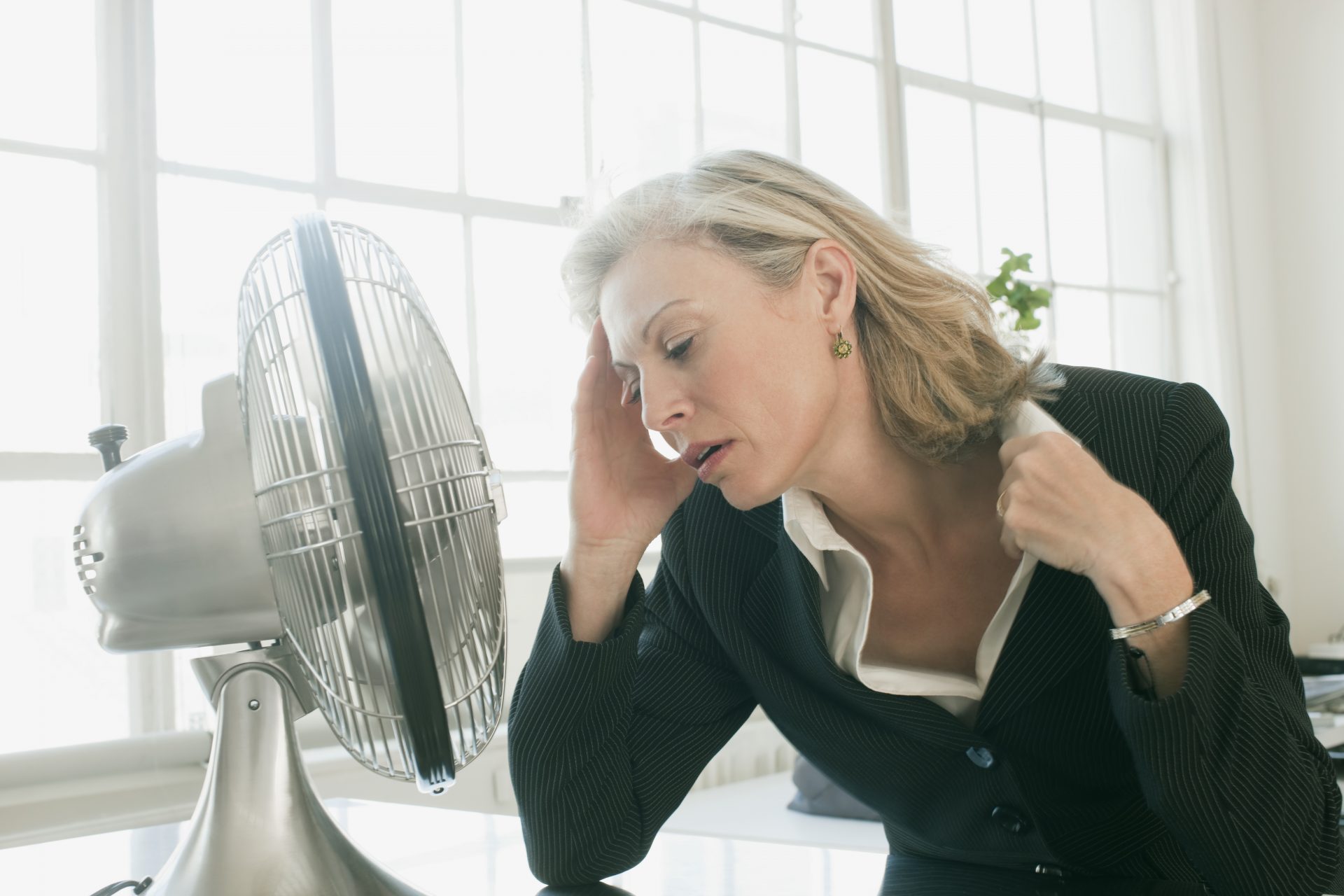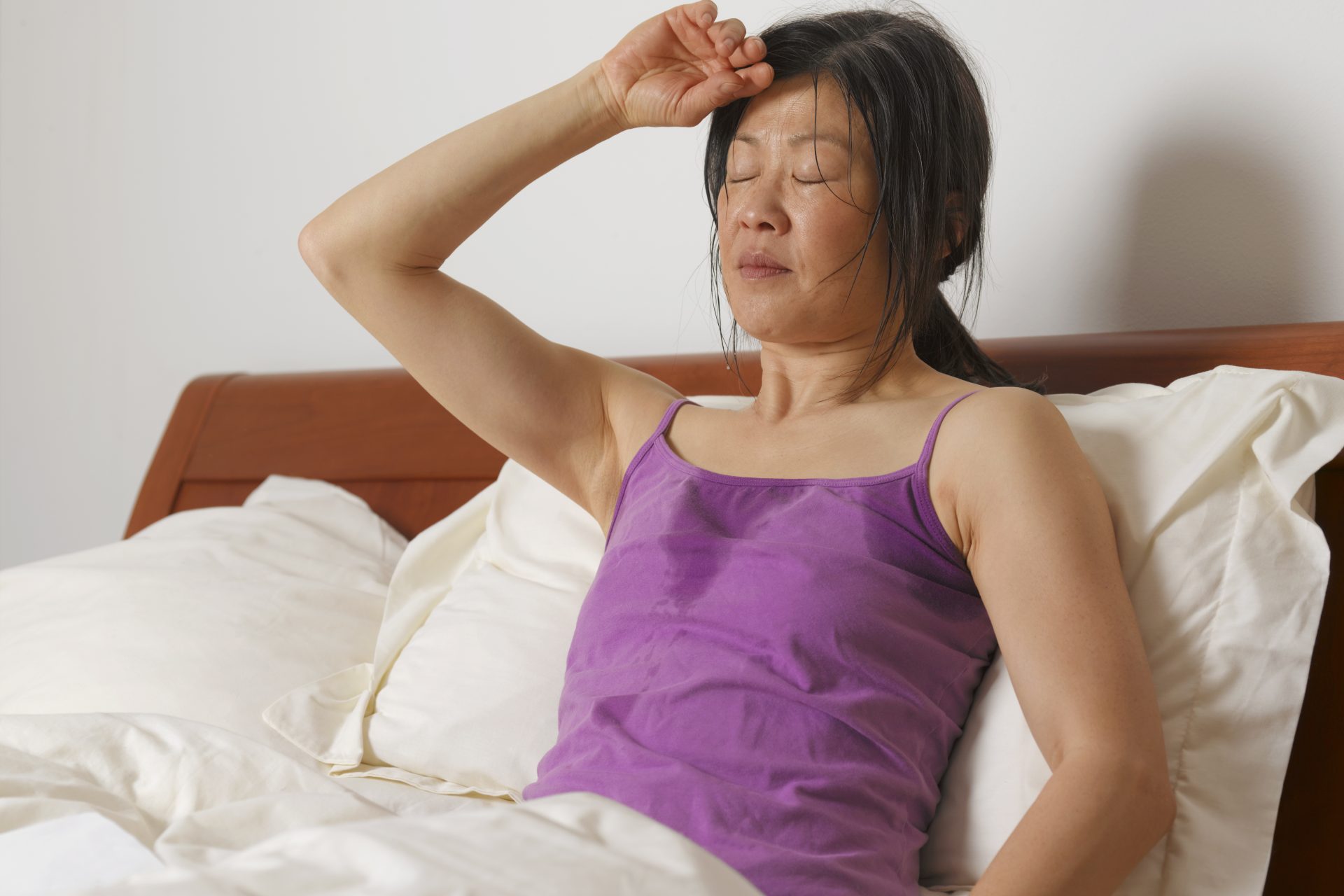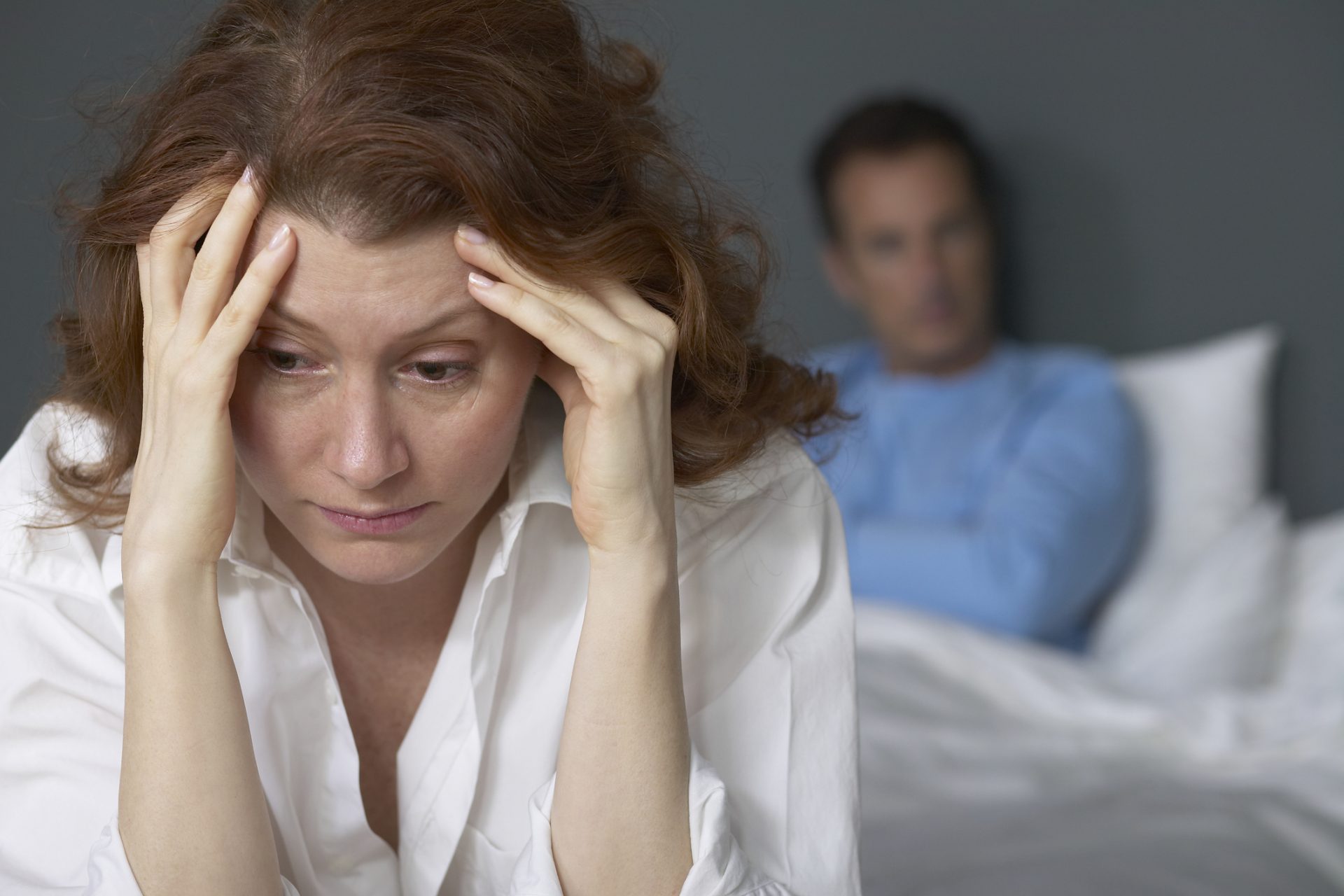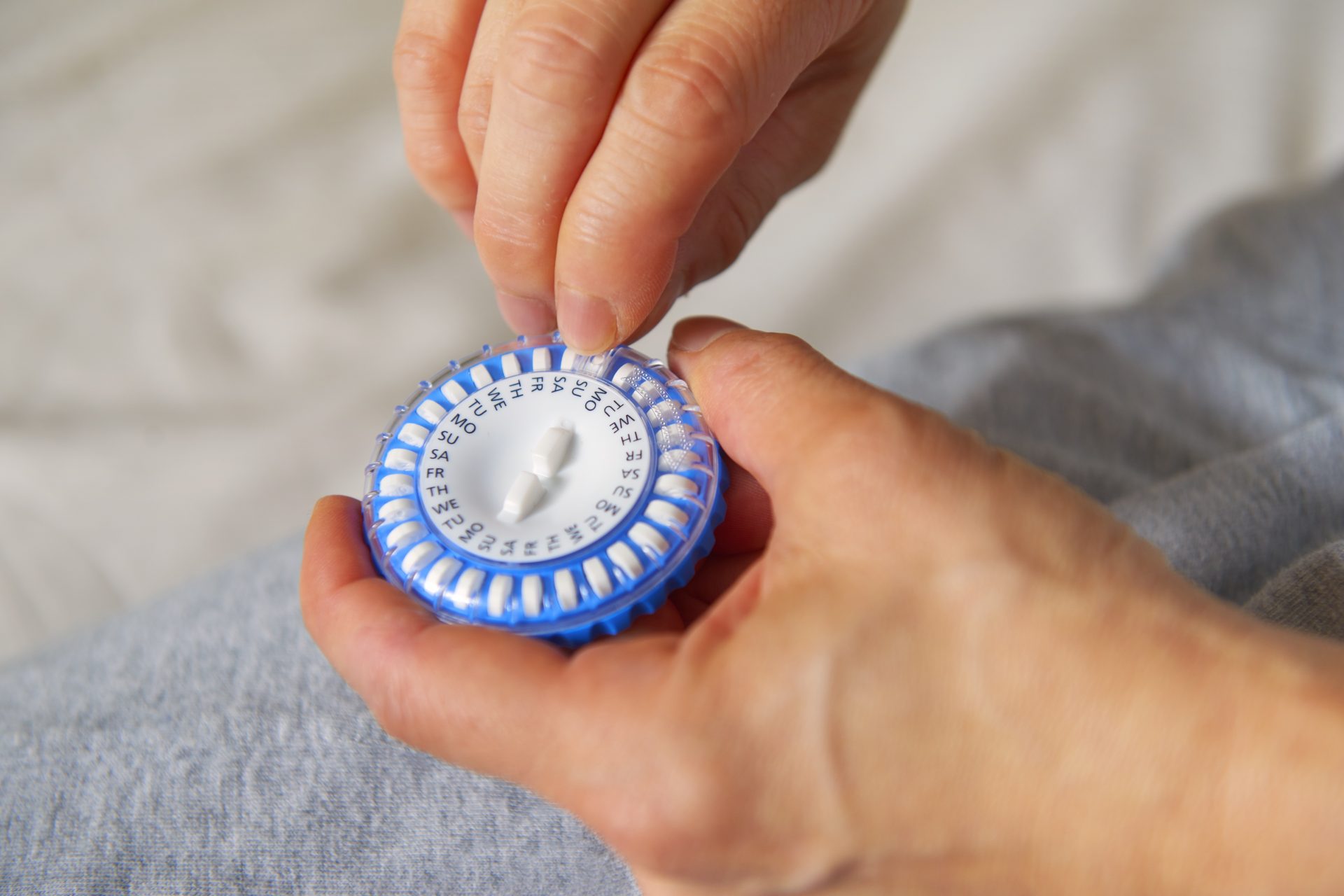Menopause: what's the best way to deal with it?
The term is widely known, but socially, not much is said about the topic. Do you know what menopause is?
Menopause is a natural phase in a woman's life marked by the end of menstrual cycles and reproductive capacity. It usually occurs between the ages of 45 and 55, but it can vary for each person.
Follow Showbizz Daily to stay informed and enjoy more content!
In the United States, the average age at which women reach menopause is 52 years, according to National Geographic. Before that, around age 40, it is called early menopause.
It is common for the term 'menopause' to be used to designate the entire process but, technically, it only denotes the moment when a woman has completely stopped ovulating and menstruating.
The transition period, known as climacteric, causes unpleasant symptoms. Since the topic is not being discussed often, many women don't know how to deal with these symptoms.
But before discussing the symptoms, it is important to understand what happens to the body itself during menopause. It is, in fact, a part of a long phase of life.
During the climacteric phase, hormone levels such as estrogen and progesterone decrease. This occurs because the structures that house the eggs, responsible for hormone production, become depleted little by little.
"When this reserve of follicles ends, the woman stops ovulating and the menopause process begins", gynecologist Dr. Luciano de Melo Pompei explains in the Brazilian Drauzio Varella's column.
One of the first symptoms that the hormonal transition phase has begun is irregular menstruation. The process is slow, however. It can last up to seven years before the woman stops menstruating completely.
During this stage, fertility decreases but ovulation and pregnancy are still possible, the American Menopause Society claims. Therefore, experts recommend that women continue the use of contraceptives if they want to avoid getting pregnant.
Hot flashes are very common at this stage of life. They can appear in different areas of the body, such as the neck, face, and upper back, and vary in intensity. In certain situations, hot flashes cause a feeling of suffocation accompanied by redness in the face.
According to National Geographic, 80% of women say they suffer from hot flashes. They can last from one to five minutes and occur several times per day.
Variations in the body's thermal sensation also occur during the night. Therefore, many women report having difficulty sleeping.
Irritability, depression, and crying spells are also common at this stage. Women who have experienced such symptoms during their menstrual cycles or after giving birth are more likely to develop them in menopause, too.
The hormonal drop causes a woman's appetite for intimacy to decrease. It can also cause dryness in the private parts.
Another common symptom is weight gain. As the body produces fewer hormones, the metabolism starts to work more slowly.
According to the Society for Human Resource Management, by 2030, the number of menopausal and postmenopausal women is expected to reach 1.2 billion. There are 47 million women entering menopause each year, Forbes magazine reports.
According to Forbes, in the USA, 20% of the workforce is currently going through menopause.
The challenging physiological symptoms of menopause can affect women at work. However, talking about menopause is a problem, especially within businesses.
In March 2022, the City of London introduced menopause leave for municipal employees. It also ensured inclusive work spaces with temperature-controlled areas, Forbes reported.
While society slowly changes and begins to provide the necessary support for women at this stage of life, there are some things they can do themselves to minimize physical discomfort.
A diet rich in calcium and vitamin D is essential for the bone health of mature women, as this element is scarce in the body during menopause.
In addition, regular physical activity helps maintain cardiovascular health, control weight, and improve mood.
For those who suffer from irritability and lack of sleep, practices such as yoga, meditation, and deep breathing can help reduce stress and improve sleep.
In some cases, hormone replacement therapy may be prescribed to alleviate severe symptoms. However, considering the risks and benefits, this treatment should take place under medical guidance.
Each woman uniquely experiences menopause. Therefore, treatment must be personalized according to her individual needs. Consulting a healthcare professional is crucial to assess the situation and determine how to deal with menopause.
Follow Showbizz Daily to stay informed and enjoy more content!





